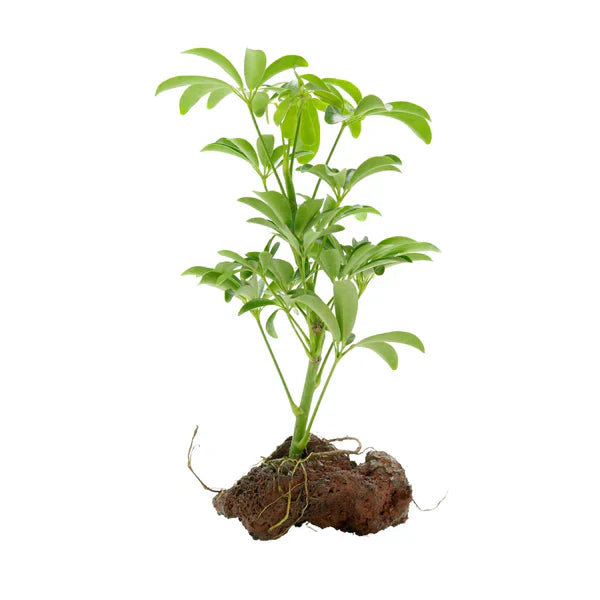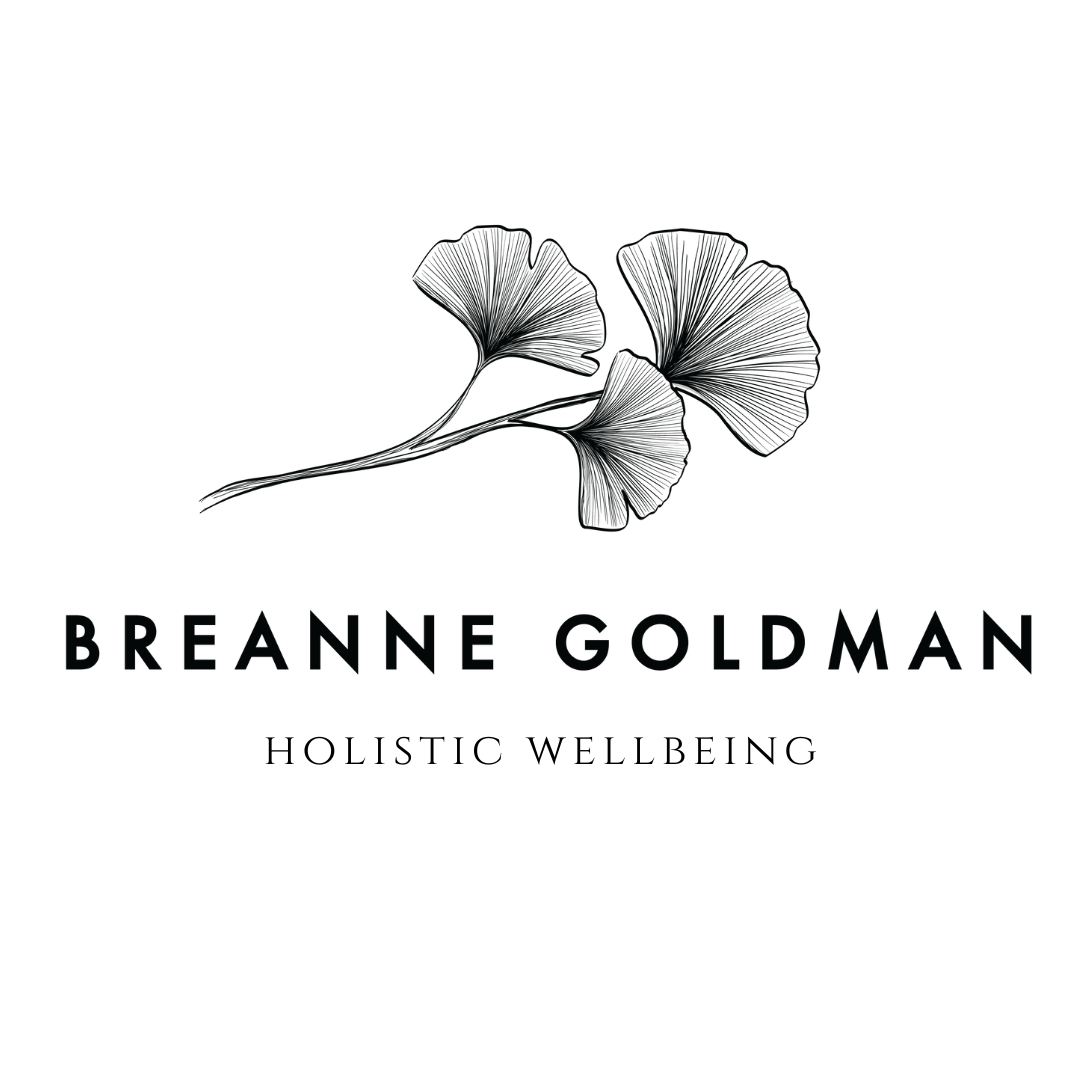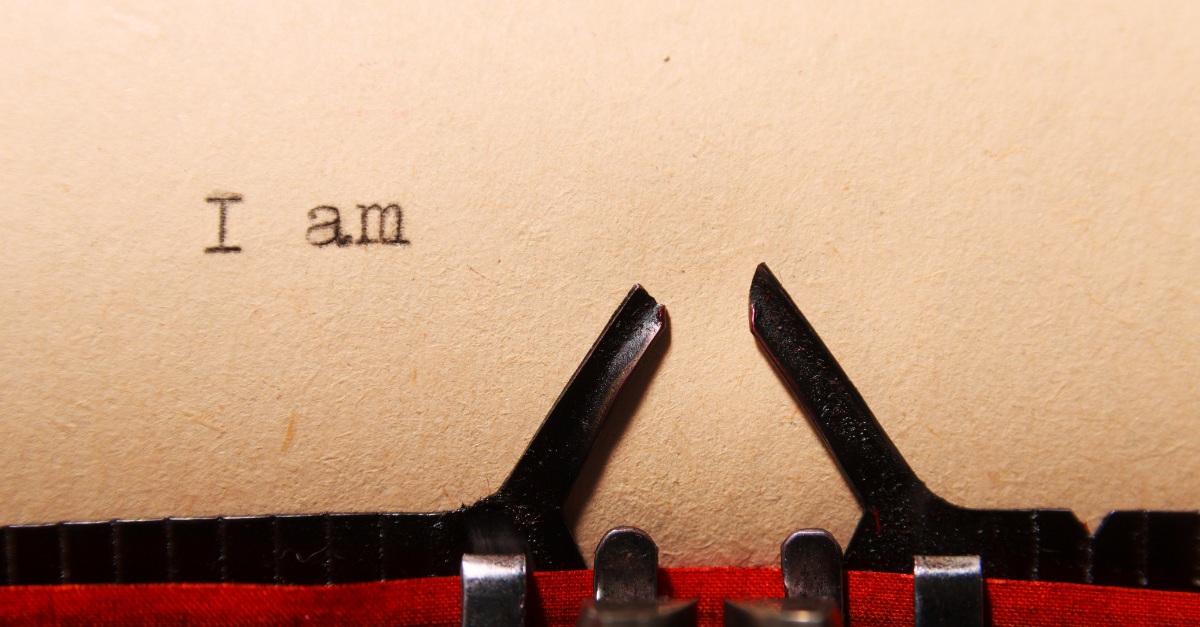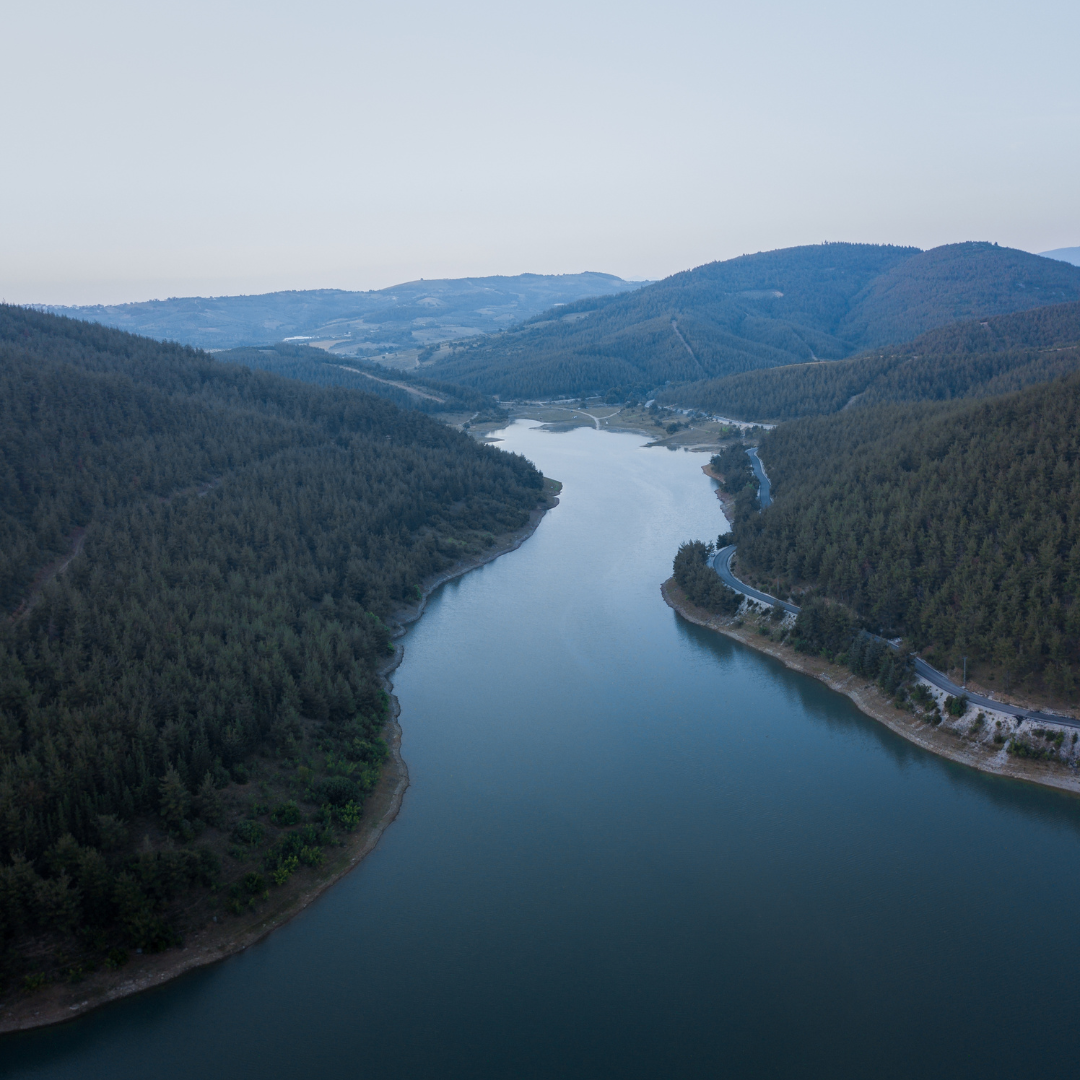
More is actually not better
You’re a doer. An Achiever. An ambitious Get-Things-Done over-preparer.
It takes one to know one.
I used to show up to every yoga therapy session with a perfectly curated list of 6-10 different tools, techniques, and suggestions for each client. For every session.
Breathing exercises, movement sequences, meditation practices, Ayurvedic recommendations, lifestyle suggestions... it went on.
I'd leave each session exhausted but satisfied, believing I'd delivered maximum value.
My clients would nod politely, take copious notes, and promise to try everything.
Then they'd return the next week overwhelmed, having done nothing, apologizing for "failing."
Sound familiar?
(Personal disclosure: My way of working with clients and patients in the past wasn’t really about being the best yoga therapist I could be. It was really about trying to prove how smart I was. Ick.)
Collectively, we've been conditioned to believe that more is always better:
More credentials. More strategies. More information. More effort.
It took me a few years to understand that I wasn't helping my clients.
I was drowning them in more.
Just like I'd been drowning myself for decades. Thirteen different medications from providers who didn't coordinate any of my medical care. Multiple modalities, endless interventions, constantly searching for the next thing that would "fix" me.
I was the queen of more-is-better, and it nearly killed me.
The truth? I was projecting my own Type A perfectionism onto my clients.
By offering them everything, I was actually offering them nothing.
No sustainable practice, just more overwhelm in lives already bursting at the seams.
One day, a client looked at me, tears welling in her eyes and said, "I just need one thing I can actually do."
That stopped me cold.
Because she was right. We don't need more. We need deeper.
The women I work are action-takers.
They don't come to me because they lack information.
They've read all the books, tried all the trends, worked with multiple practitioners. They have more tools than they will ever need.
What’s missing is integration and depth.
↳ What’s really missing is someone who understands that sustainable transformation happens through simplicity, not complexity.
Now I do things differently.
I listen - really listen - to what's underneath the story. I look for patterns. I get curious about the root cause, not just the symptoms. And then I offer one simple practice or recommendation to integrate into their life that week, maybe two. Rarely will I give a third.
The results? Life-changing. Literally.
One client learned to notice where she was breathing - just notice, not change - and within a week felt more grounded than she had in years.
Another discovered she could self-soothe in just 30 seconds with one simple technique. No elaborate rituals. No hour-long practices. Just one very specific and highly targeted tool, practiced consistently, throughout her day, and which changed based on the season.
This is what I mean when I say self-care is meeting yourself in the moment. It’s not about accumulating more tools to perfect. It’s got nothing to do with another certification to chase.
Just simple, effective practices that actually fit into your life.
What I've been learning is really underneath our addiction to more:
The belief that we're not enough as we are.
We think if we just learn one more modality, get one more degree, offer one more service, then we'll finally be valuable.
We pile on the complexity because simplicity feels too vulnerable.
If it's complicated, we can hide behind the complexity.
If it's simple, we have to face the truth.
The truth is: You already have everything you need.
Your body knows how to heal itself. You know what you need.
↳ The answers aren't in the next workshop or wellness trend. They're in your own deep listening.
As someone with an exquisitely sensitive nervous system - where even a fork dropping on the floor as a child could send me into hours of panic - I've learned that our bodies communicate clearly when we stop drowning out their signals with noise and complexity.
It’s been a humbling realization, but my role as a yoga therapist isn't to impress clients and patients with how much I know.
It's to hold space for them to discover what they already know. To pull the threads that help them see what's underneath. To trust that they are their own best advocate.
This requires humility. It requires releasing the need to be seen as the expert with all the answers. It requires trusting the process even when the ego wants to pile on more interventions to prove our worth.
The most powerful transformations happen in the spaces between.
And this can only happen from doing less, and doing it consciously.
The women who work with me aren't looking for more information to file away.
They're looking for the missing link that connects everything they already know.
They're ready to stop the duct-tape wellness approach of adding more band-aids and start addressing root causes.
They understand that when you're navigating perimenopause, caring for aging parents, questioning your life's purpose, and trying to figure out who you are beyond your achievements, the last thing you need is more complexity.
What you need is clarity.
What you need is simplicity.
What you need is someone who understands that true healing happens not by doing more, but by being more present with what is.
So I invite you to consider:
• Where in your life are you adding complexity to avoid simplicity?
• Where are you accumulating more, instead of going deeper with what you already have?
• Where is the belief that "more is better" actually keeping you stuck?
Because here's the radical proposition:
What if the answer isn't in the next thing, but in the thing you already know and haven't yet given yourself permission to trust?
What if less really is more?
What if the transformation you're seeking is just one breath away?


